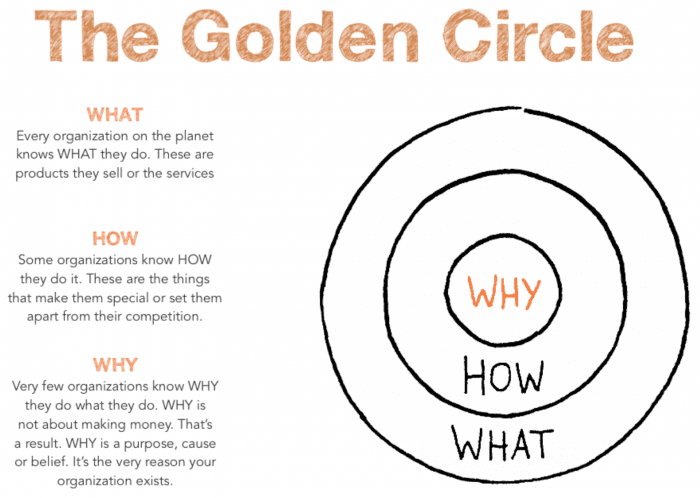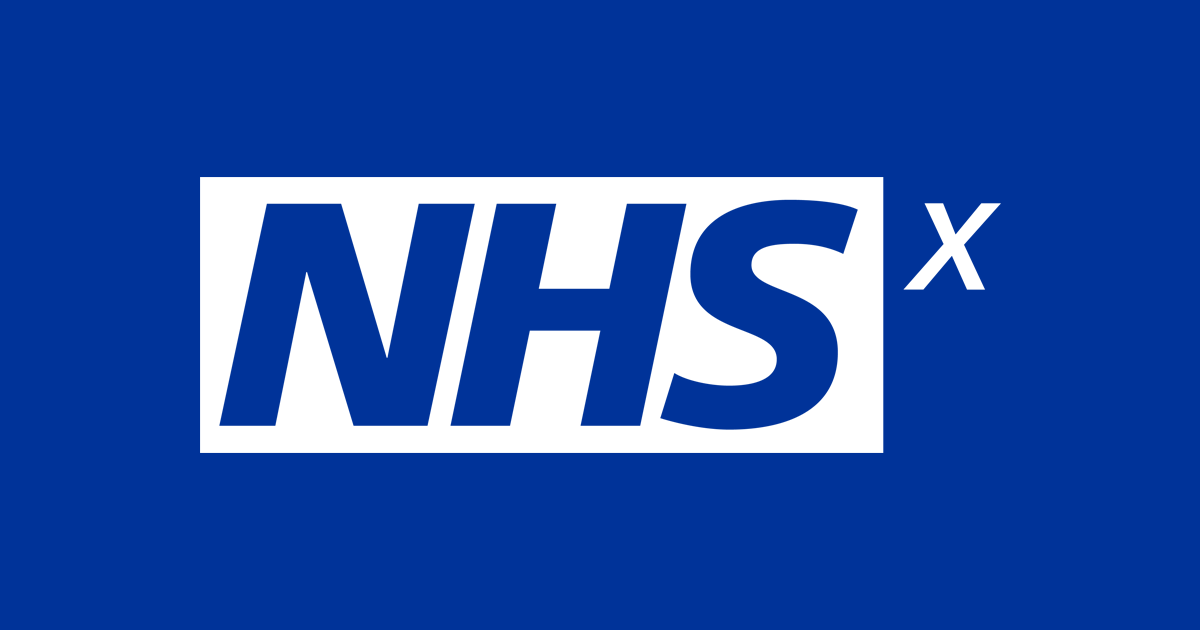Matt Hancock’s ‘future of healthcare’ speech signals a huge opportunity for health companies
Last week, Matt Hancock’s speech to the Royal College of Physicians was roundly summarised as calling for ‘a shift towards Zoom medicine.’
It was a pithy description, however, while his urging that “from now on all consultations should be teleconsultations,” was always going to grab the headlines, the seven-point speech provided a much broader sense of the direction the NHS is moving in.
Mission-led
The Health and Social Care Secretary used the word ‘mission’ a superstition-defying thirteen times in his speech.
He referenced the NASA space centre, the Battle of Trafalgar and Martin Luther King in his rally cry, in the hope that he can use some of their spirit to bring the Government, NHS, healthcare professionals and health institutions together under their collective purpose.
This focus is yet more proof of the importance of health organisations putting their purpose front and centre (something I have written about before) and demonstrating how their own mission chimes with the goals of the NHS and social care providers - if, that is, they wish to work together with them in some way.
In his speech, Hancock talked about the ‘elderly care home resident’, ‘child with cystic fibrosis’ and ‘time-poor GP’ as a way to demonstrate the NHS’s ‘why’. Health organisation’s should also be thinking (and talking!) about their end user as the inspiration for why their product or service exists, and then going to every effort possible to show how they can help them.
Technology-focused
Last year, Matt Hancock demonstrated his belief in the importance of healthtech with the launch of NHSX to “oversee technology transformation across health and social care” and “provide a bridge between healthcare and technology”.
There is no doubt that he feels vindicated in this. In his latest speech he cited great strides in digitising prescriptions, the introduction of an NHS 111 online service and the huge swing towards remote GP consultations as evidence that ‘better tech means better healthcare’.
He was clear about his support for the private sector too, saying that when people were tested for Covid-19, they just wanted a test - they didn’t care who provided the test. This is an open invitation to health businesses that have evidence that they can support the NHS in their mission to improve patient outcomes, make things quicker and easier for patients, and save clinicians time.
Creating powerful and persuasive messaging and understanding how to use this to build trust, reputation and important relationships is key.
B2B - Supporting healthcare professionals
The first point in Hancock’s seven-point speech was the importance of “valuing our people.” It’s true that he was speaking to the Royal College of Physicians and so he was more likely than ever to focus on his health professional audience, but this message has huge public support.
A petition for increased pay for healthcare professionals recently garnered upwards of 175,000 petition signatures and the Chancellor recently announced a pay rise for doctors.
Challenges faced by the NHS include a huge lack of capacity with too few healthcare professionals for the number of patients, thousands of missed screenings for conditions like cancer, a desperate need to improve data security after many health professionals have been forced to rely on Zoom and Whatsapp, and a huge pressure on staff mental wellbeing, leading to the launch of the People Plan.
We are seeing an explosion of healthtech solutions that can effectively support the health service with these problems. The winners will be those that can connect their offering to the aforementioned mission and effectively communicate how they will solve NHS and social care problems. This needs to be done in a way that engages sources of influence if it is to have genuine impact.
B2C - Encouraging healthier lifestyles
Hancock spoke in his speech about how Covid-19 had far greater health repercussions for people with a BMI in the obese category, while we know outcomes are also worse for people with type 2 diabetes.
The Government recently announced its obesity strategy, with the promise of public health measures like restrictions on the advertising of junk food and the banning of special offers on some unhealthy foods.
However, people will need far more support than that if they are to unravel deep-rooted behavioural patterns to make changes to their lifestyle.
There is a huge opportunity here for companies that provide behaviour change solutions and that have evidence of their ability to help people to make healthier choices with food, become more active and build a level of resilience and self-care that enables them to maintain those changes for the long-term.
There is a renewed focus on prevention as Hancock spoke about how “the nation’s health is much bigger than the NHS” and so while some will need to be delivered through the NHS to reduce inequalities of access - especially as poorer people are far more likely to suffer with ill health - many physical and mental health programmes may also be delivered straight to the public or via companies through their employee wellbeing programmes.
Now is the time for organisations that support behaviour change through direct to consumer or employee wellbeing programmes to think carefully about their evidence base and messaging, and to start planning the best ways to communicate their expertise and offering to reach the public.
And, with expectations of employers having increased dramatically during Covid-19, having a proven employee health programme in place is likely to become key for talent attraction, staff retention and company reputation, going forward.
Conclusion
Covid-19 has dramatically speeded up the Government’s move to involve more private companies in supporting the healthcare system, and there is undoubtedly a desire to utilise health technology in this.
Matt Hancock his been clear in his wish to ‘build back better’ and it is up to effective health companies to show how they can be part of that purpose, serving the NHS and social care mission and solving the problems of real people on the ground - including both health professionals and patients.
This opportunity will not remain for long as, likely within the next few months, many of these new solutions and technologies will become embedded within the system.
The time to build your case is now.




